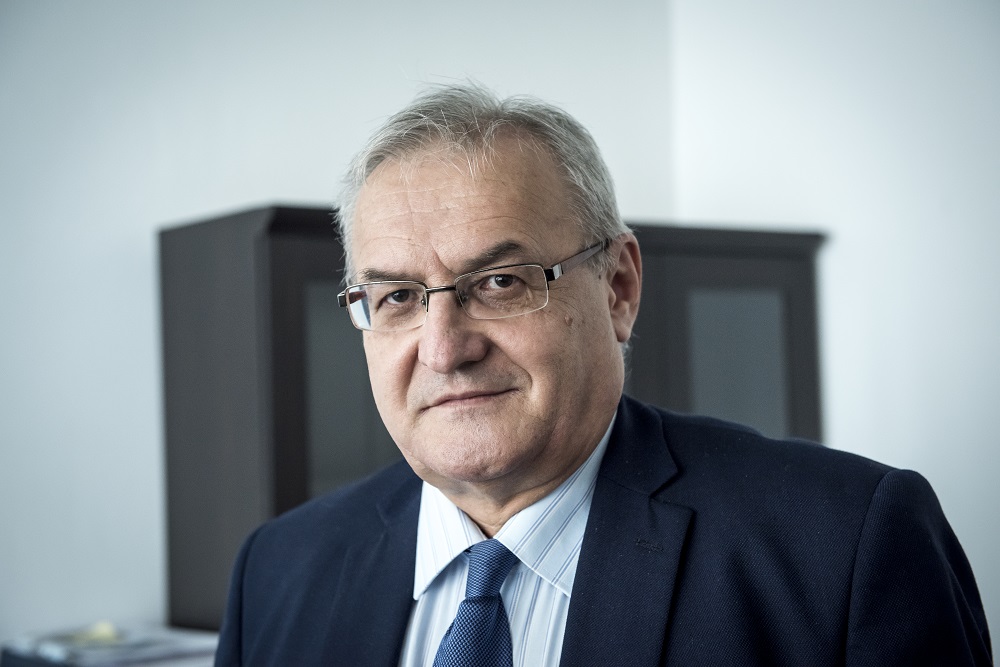
A morning of an average BH citizen usually starts with coffee and reading news from different portals and social networks. The topic of all top news, information, columns and editorials is related to virtuosos from the political scene, who very successfully manage the information space and always find ways to attract attention. In the conglomerate of information about these characters and structures that support them, an occasional optimistic information about successes of BH athletes and increase of tourist arrivals to these areas occurs every month.
In fact, tourism is increasingly becoming an economic branch that is dominated by growth rates, as comparative data indicates exceptional quantitative developments. Such positive trends have attracted attention in the EU structures, which decided to financially support the tourism sector in Bosnia and Herzegovina, such as adventure tourism, eco zones, cultural and natural trails. In the call for project funding, two priorities have been highlighted: cultural tourism related to UNESCO protected material and non-material heritage in BiH and outdoor tourism at locations along the Via Dinarica green line in BiH.
The focus on financing these areas suggests that creators of global tourism policies have recognized the existence of the right spectrum of natural and cultural attractiveness and want to include them in the tourist offer. In fact, highlighted targeted funding priorities point to a tendency towards development of ecotourism, that is, attracting socially conscious guests who support protection of nature and environment, as well as cultural heritage of the local community at destination they chose. The basic difference of ecotourism, in comparison with other tourism products, based on natural tourist resources, lies in the motivation for education and learning about nature and ecosystems. While ecotourism benefits from protection of areas and local communities in the ecological, economic and sociocultural sphere, while traveling to nature represents a passive acquaintance and enjoyment of preserved nature and its aesthetic qualities, it is intended only to meet certain tourist needs.
Projections of the World Tourism Organization show that the number of eco tourists will increase significantly in the coming years, especially in Europe. The average eco-tourist comes from the line of managers, senior officials and students who spend 44 percent more than the tourists in ecotourism destinations who visit the usual destinations of mass tourism. One of the characteristics of the ecotourism is that they have not shown price sensitivity, but they are very sensitive to the given value as equivalent to money value. They travel an average of two to five times a year and do not prefer any particular season (winter or summer).
In tourism itineraries, until now, BiH has not been quoted as a relevant ecotourism destination, and in reality there were no real economic incentives for development of ecotourism. If a SWOT matrix for the situation and perspectives of ecotourism in BiH is made, it is certain that some of the key weaknesses would be: lack of marketing in tourism, lack of quality accommodation units, lack of state and tax incentives for tourism sector, lack of quality personnel for this type of tourism , lack or poor quality of tourism products and offer of additional content, presence of gray economy and inefficient control system, poor traffic infrastructure, low regulation of public areas. Such a situation in a negative context can be supplemented by various environmental problems, such as fires and insufficient commitment to the management of garbage due to an increase in the number of tourists, illegal construction and saturation.
All of this, of course, can change, but realization of the concept of ecotourism requires cooperation and coordination of key actors in which all institutional levels of management, agencies, tour operators, eco inns, local communities, non-governmental organizations and development agencies are included.
This suggests that tourism development policies must prefer measures that will create conditions for investing in receptive capacities and encourage investment of the local population, provide additional incomes to local people by stimulating food production to be marketed through local shops, initiating a range of services and opening up traditional crafts. These incentive measures should certainly be directed to recruitment of local workforce, primarily local tourist guides, translators, construction workers, nature conservationists….
In doing so, everyone can benefit. Tourists benefit because tourist destinations with an eco-label provide better quality service. Businesses and tourist destinations can significantly reduce operating costs, increase knowledge and competencies in application of new technologies, gain easier access to financing from external sources and create a recognizable brand. Benefits for the state are reflected in reduction of social allocations of the state, while standardization and eco-labeling help in promoting and maintaining the position on tourist ranks.


